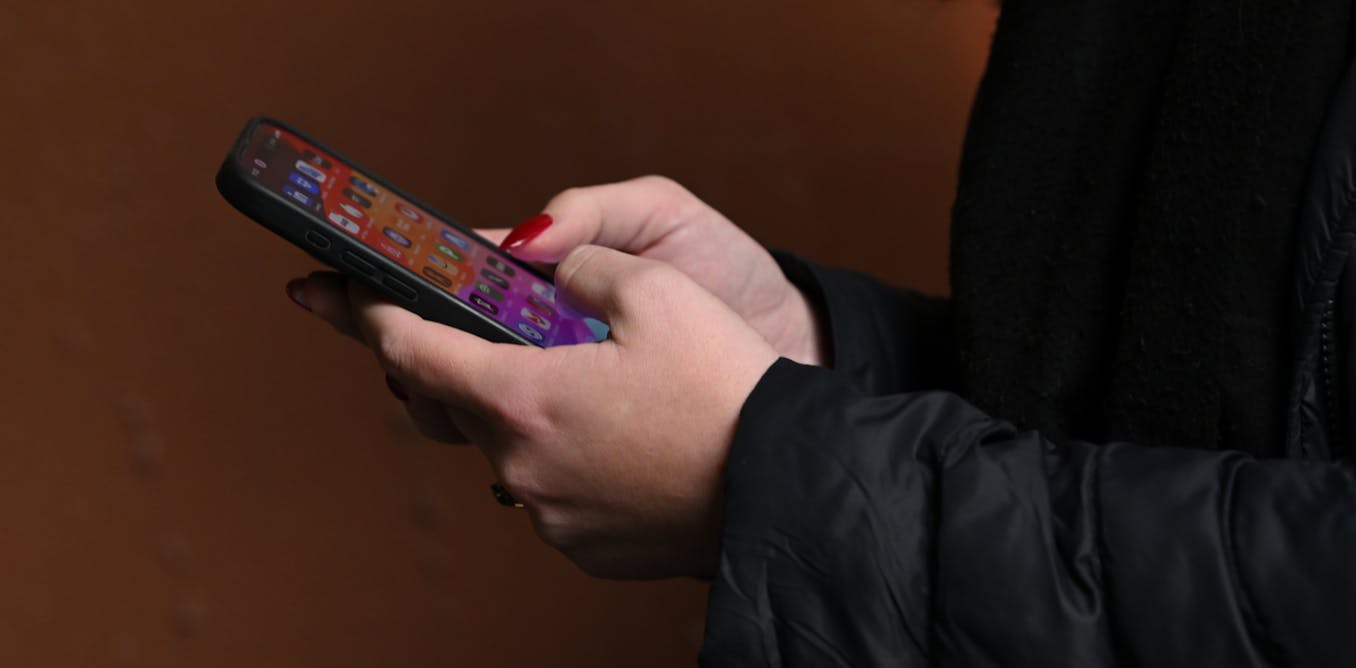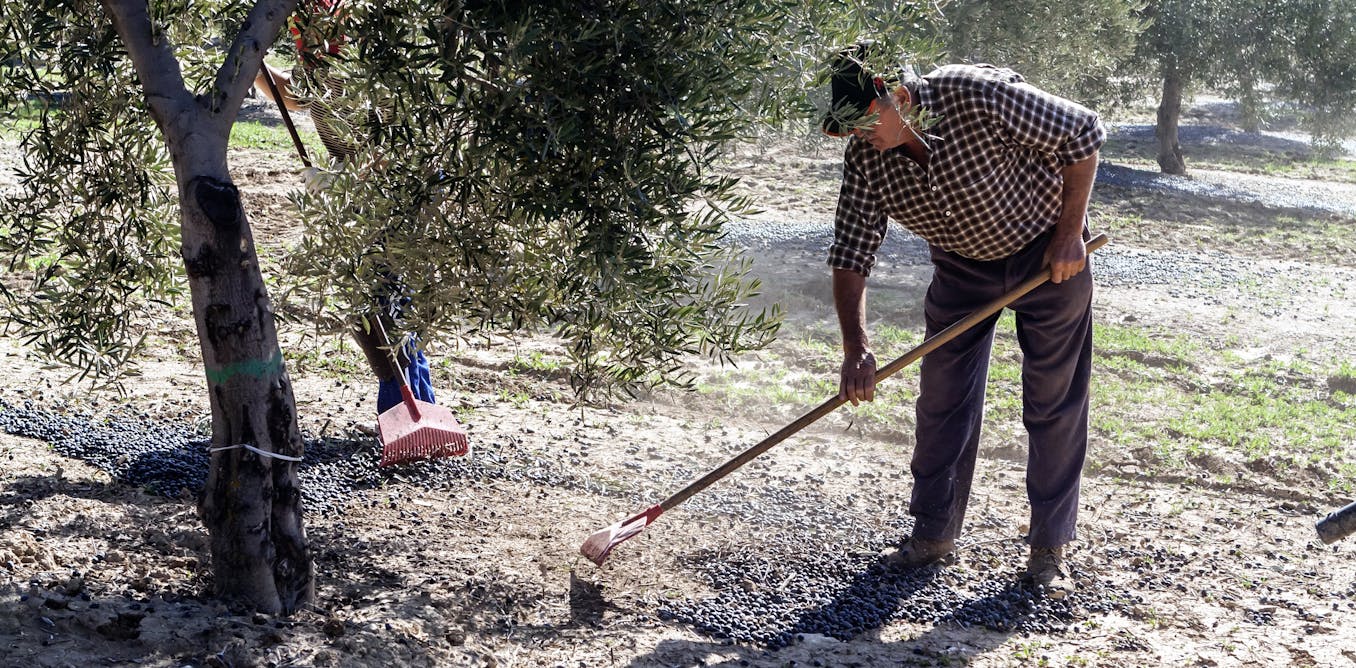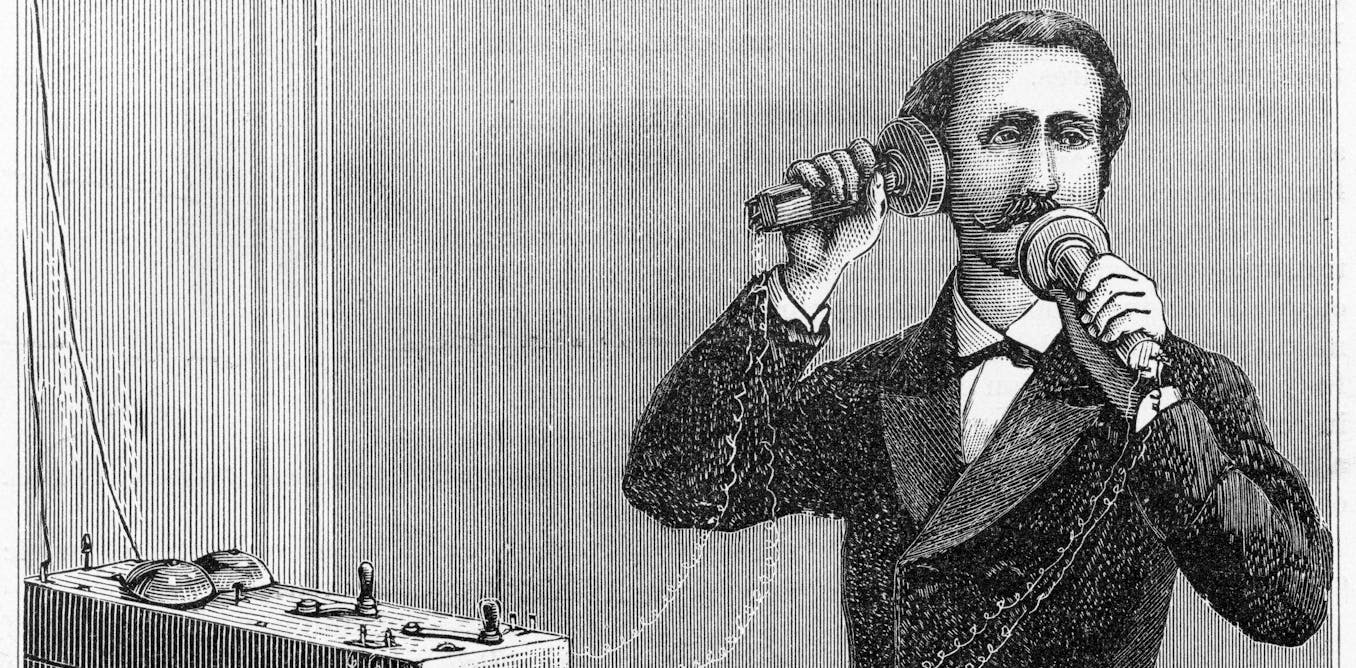Why You Should Embrace Mediocrity | Crispin Thurlow | TED
In his TED Talk, sociolinguist Crispin Thurlow challenges the societal pressure to always be the best and encourages a reevaluation of the concept of mediocrity. Drawing from personal experiences and language analysis, he highlights the pervasive use of language that promotes superiority and comparison in everyday life. Thurlow recalls a trip to Stockholm where his son expressed disappointment in their hotel room, claiming it was not “elite” as expected. This moment led Thurlow to realize the significant influence of words and the expectations associated with words like “elite” and “premium.”
Thurlow delves into the origins of the word “mediocre,” which is derived from “medial,” meaning “middle,” and proposes that mediocrity is about existing between two extremes, signifying average or ordinary. He argues that, statistically, most people will live an ordinary life, and being in the middle is not such a terrible place to be. Embracing mediocrity can help alleviate the societal pressure to always be extraordinary and avoid feelings of failure or inadequacy.
Thurlow also exposes the pervasive use of words like “elite” and “premium” being attached to various goods and services, often in non-elite spaces, perpetuating the belief that superiority and status matter. He emphasizes the impact of this language in driving consumer behavior and perpetuating status anxiety. Overall, Thurlow’s talk offers a thought-provoking perspective on embracing mediocrity and challenging the relentless language of superiority and comparison in modern society.
Watch the video by TED
So a few years ago, I had to make a work trip to Stockholm. And because it was the school holidays, I needed to take my two kids along with me. And at the time they were 14 and 12. Anyway, my local colleagues, needless to say, were really very supportive.
And in fact, knowing that I do research on language and social class, they’d also clearly enjoyed arranging to put us into a hotel belonging by a large Swedish chain called Elite Hotels. So on the day that we arrived, we checked in and then we made our way straight up to our room.
But as soon as we crossed the threshold, my oldest son declared with genuine frustration, “But this isn’t elite.” And I was a little bit surprised, but also kind of really curious to know exactly what he meant. So I sort of pressed him, and he quickly explained to me that the room was just not big enough to be elite. So in that moment, I realized that my son had already learned two really important lessons about everyday language. First, that words are very influential, but their meaning can often be slippery. And second, that the language of superiority and comparison can lead to disappointment. But it’s tough. Nowadays we’re bombarded with messages about excellence,
Distinction and success, and we hear voices telling us you should be a top student, or a winner, or a leader, or preferably all three. And it’s this that’s started me to think a little bit more about what’s going on here. How do we manage this?
Because all of this leads to a profound sense of what the philosopher Alain de Botton has called status anxiety. And for me, this is a kind of anxiety that arises through our constant worry about not being good enough, or always needing to be someone better, or to have something better.
But the reality is this. Not everyone can be a top student. Not everyone can be a winner, and not everyone can be a leader. By the simple law of averages, most of us have to live a life more ordinary. Well, it’s for this reason that I’ve started to rethink
Or perhaps even reclaim the notion of mediocrity. And I’ve even been challenging myself to consider the possibility of embracing mediocrity. Now, obviously, I understand that mediocrity has a bad reputation with sort of connotations like average quality or not very good. But the sociolinguist in me insists on digging just a little bit deeper,
Maybe listening to some of the word’s origins and unearthing some of its other meaning potentials. In actual fact, the word mediocre has its roots in the Indo-European “medial,” meaning “middle.” So essentially then, mediocrity is just about existing between two extremes, hence middling or average or otherwise unexceptional or ordinary.
So, as I say, statistically speaking, life in the middle is inevitable and unavoidable for most of us. And in fact, it seems to me that the middle is not such a terrible place to be. In fact, it’s quite a privileged place to be.
It may not be as good as being at the top, but it’s surely not as bad as being at the bottom. And the trick, I suppose, is to learn to recognize our mediocrity, or at least our averageness or our ordinariness, without allowing other people to make us feel like failures or losers.
Needless to say, this is quite a bit harder to do than it is to say. And I think especially so nowadays. When we’re surrounded by these voices pressuring us to be the best and to be better, we find ourselves, I think, in a world that is bombarded
Or confronted constantly with what I’ve come to think of as a relentless language of superiority and comparison. And it’s as a sociolinguist that I’ve been tracking this language for quite some time. And in this work, what I’ve been trying to do is show that this is not just a relentless language,
But it’s also often a very sneaky, surreptitious language. And it’s with this in mind that I want to just share with you a couple of my favorite examples of what this looks like. These are my two favorite case studies. And the first of these is the word “elite” itself.
And this is a word that circulates everywhere in our lives, which is, as my son discovered in Stockholm. But take a look at a few of the many examples that I’ve also been collecting. So here we have an elite grocery store in Denmark, we have an elite nail salon in Seattle,
We’ve got an elite phone shop in the UK, an elite electrician’s in Switzerland, actually in Bern, and then an elite pastry shop or bakery in Poland. And all of these, I can assure you, appear in decidedly non-elite spaces. But when I say that elite crops up everywhere, I mean really everywhere. I promise that after this talk, you are going to start noticing elite everywhere too. And I’ve never been quite sure what we’re supposed to think when we’re being told that our pickles are elite or our tissues. What exactly, I wonder, does an elite condom offer? And I don’t know about you, but it’s going to take a lot more than the word elite to convince me that a urinal is in any way prestigious. But the use of the word “elite” like this is a very, very common language game nowadays. We see this word attached to all sorts of goods and services, kind of meaning everything and nothing at the same time. And in some ways I suppose it’s all perfectly harmless, a bit playful even.
But I can’t help but think, and in fact, I genuinely believe that these ubiquitous, constant appeals to eliteness are trying to persuade us that superiority really does matter and that status is something that we should be thinking about all the time. And these little one-word messages also suggests to us
That superiority is easily obtained. To be very clear, the language of superiority and comparison is really good for business. All of these relentless little one-word messages, and ones like them, are trying to keep us aspiring upwards all the time. And if we’re aspiring, we’re also acquiring. In other words, we’re shopping.
And for this, they don’t even need us aspiring to be the best. Just aspiring to be better is often enough. Which brings me to my second little case study. The one little, one-word message that I’m talking about in this instance is “premium,” and a good example of this appears
In the so-called premium economy services offered by most major international airlines nowadays. And it’s no coincidence that premium economy can be more profitable for airlines than business class. But what’s interesting about this little one-word message is that it’s precisely not about being the best.
Premium is all about having just a little bit extra or a little bit more, and especially a little bit extra or a little bit more compared with others. And to be sure, marketers know only too well that people will pay good money for feeling better off.
Even that is when this comparison doesn’t make us feel very good for very long. But the most striking thing about the word premium is that it really crops up in way more banal spaces. And I’m offering you a few more examples than before, because I really want to impress upon you
Just how far-reaching this one-word message is. So we have premium chocolates in Sweden (not Switzerland), we have premium chips in Spain, premium coffee in Australia, premium tomatoes in New Zealand and burgers in Denmark. What we seem to have in Switzerland are premium cigarettes and premium barbecue charcoal.
Elsewhere, we’ve got premium puzzles, premium haircuts and my most recent encounter in Poland, premium baby diapers. Again, premium is just about having a little bit more or a little bit extra compared with others. And as I say, these comparisons are usually built on illusions, and these comparisons just don’t make us feel good for very long. In fact, all of these silly little language games are a perfect example
Of what the famous sociologist Pierre Bourdieu called symbolic violence. And in a nutshell, this is about the way that we allow words to manipulate us, even when it’s against our own best interests. So while social comparison may indeed be in our nature, it invariably leaves us feeling insecure, inadequate, unsatisfied.
There will always be something more or something better. And there will always be someone better and better off. So the question for me is this: how can we avoid doing symbolic violence to ourselves? Well, personally, I find myself returning once again to the possibility that mediocrity might hold the key or a key.
Now I understand that embracing mediocrity might feel just a little bit extreme or uncomfortable for some people, which I think is fair enough. But the point is really just about coming to terms with the inevitability of our averageness and maybe finding a way
To find the value and perhaps the privilege in being unexceptional. And for this, we’ve got to keep reminding ourselves that it really is OK not to be the best. And it’s certainly OK not to always want to be someone better or to have something better. But I think that nowadays,
Especially when we are surrounded by this relentless language of superiority and comparison, it takes determination and it also takes real courage to be ordinary. Thank you.
About TED
The TED Talks channel features the best talks and performances from the TED Conference, where the world’s leading thinkers and doers give the talk of their lives in 18 minutes (or less). Look for talks on Technology, Entertainment and Design — plus science, business, global issues, the arts and more. You’re welcome to link to or embed these videos, forward them to others and share these ideas with people you know.
Video “Why You Should Embrace Mediocrity | Crispin Thurlow | TED” was uploaded on 01/02/2024 to Youtube Channel TED

































